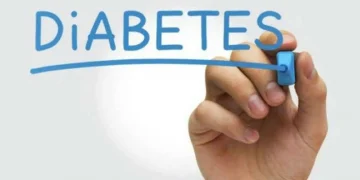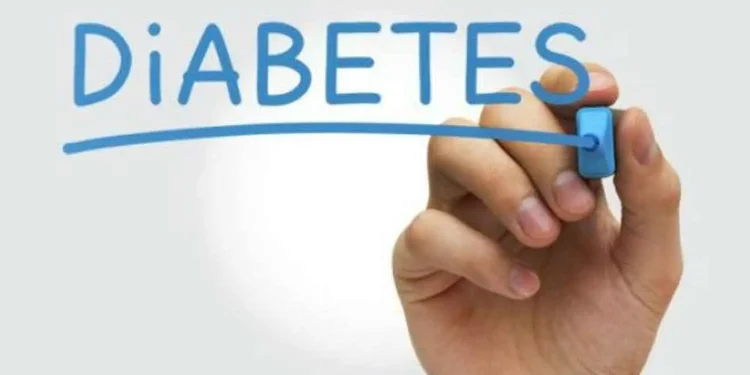By Ebi Agedah
As Nigerians join the rest of the world, to observe World Diabetes Day, National Action On Sugar Reduction, NASR has tasked the Federal Government to increase the tax on sugar beverages from N10 to N30 per liter stating that this will have a more substantial effect to curb the consumption of Sugar Sweetened Beverages.
Recall that World Diabetes Day provides an opportunity to raise awareness of diabetes as a global public health issue and what needs to be done, collectively and individually, for better prevention, diagnosis and management of the condition.
Gatefield on behalf of NASR, while addressing a media briefing explained that Type 2 diabetics has now become very common in Nigeria with six million Nigerians living with the disease and having the highest prevalence in Africa.
In a welcoming remark, Advocacy & External Engagement Specialist Gatefield, Shirley Ewang stated that Type 2 diabetes is a chronic non–communicable disease and yet another 8.2 million Nigerians have impaired glucose tolerance which is a major factor for developing type 2 diabetes, hence the need for additional government intervention to reduce consumption.
According to Ewang, quality diabetes education is crucial for improving the lives of Nigerians living with the disease adding that health professionals, policy makers, media, civil society, caregivers and even the patients, need to be educated about the disease.
‘‘As the population ages and people shirt towards modern diets, diabetes will become an even more significant health problem in Nigeria’’ she said.
Speaking extensively on the theme of this year ‘Education to Protect Tomorrow’ University Of Abuja, Prof Felicia Anumah remarked that early detection is key to manage the disease adding that regular blood test can help in early detection of the disease.
‘‘The starting point for living well with diabetes is an early diagnosis – the longer a person lives with undiagnosed and untreated diabetes, the worse their health outcomes are likely to be. Easy access to basic diagnostics, such as blood glucose testing, should therefore be easily accessible in Nigeria.
‘‘It is so important for people to be educated on living right, healthy eating habits, healthy diet, regular exercise, step down on the amount of oil you take, maintaining normal body weight and also reduce the quantity of food you eat, are ways to prevent or delay the onset of diabetes’’. She said.
Commenting on the cost of living with diabetes, Anumah noted that diabetes is a very costly condition as she urged the government to begin to subsidies and empower patients as this will enable them the opportunity to purchase medication and seek adequate care from healthcare provider.
However, Program Coordinator Project Pink Blue, Gloria Chinyere okwu insisted that against this backdrop, the SSB tax of N10 is too low to achieve deterrence from consumption of unhealthy products, adding that the increased percentage will effectively reduce consumption of SSBs and Federal Government should design a robust framework for the utilization of the earmarked funds from SSB tax towards the provision of healthcare to serve improvised Nigerians living with diabetes.
‘‘SSB tax will create a signaling effect meaning that the introduction of the tax can convey information about the health risks of consuming SSB. On occasion such as World Diabetes Day and as this year’s theme emphasis, we must focus on equipping ourselves with the information we need to prevent the disease and protect our future’’.



































